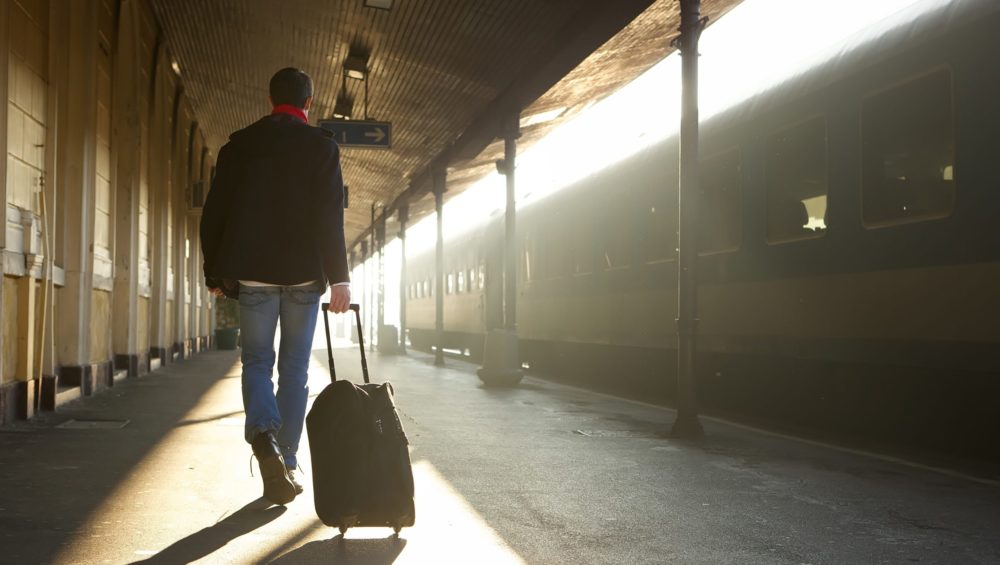In the Netherlands we have 5 different airports. These are Schiphol Airport, Eindhoven Airport, Groningen-Eelde Airport, Maastricht Aachen Airport and Rotterdam – The Hague airport. Schiphol is one of the busiest airports in the EU and continues to grow. No less than 88% of air traffic in the Netherlands takes place at Schiphol.
It is known that flying is one of the most environmentally harmful modes of transport. Do you want to know why flying is so bad for the environment? In this blog you can read about the impact air traffic has on the environment, how thinking differently and COVID-19 are related and how you can minimize your impact as much as possible if you decide to fly anyway.
How polluting is aviation?
Aviation has a huge impact on the environment. To achieve the climate goals, it is important to travel without flying. Aviation is the most climate-intensive mode of transport. Seven percent of the total Dutch climate impact is caused by aviation . Due to the growth in the number of flights, this percentage will only increase.
Due to its central location, Schiphol is a transfer port between Europe and the rest of the world. There is often landing and take off here. As a result, there is an extra large amount of CO2 and particulate matter emissions above the Netherlands. Particulate matter are the soot particles that we inhale without noticing. These soot particles damage the lungs and can even cause asthma.
The ultra-fine particles are even more dangerous to other internal parts of humans. These ultrafine particles reach the bloodstream via the lungs. Here they can cause serious diseases such as asthma, cardiovascular disease, (lung) cancer and brain damage. Traveling without flying ensures that particulate matter emissions and ultra-fine particles do not end up in the air.
Travel without flying, behavioral change and COVID-19
The Netherlands wants to be climate neutral by 2050. If we look at the current aviation policy, this is impossible. Every day, around 950 flights still take off from Schiphol Airport. Traveling without flying is one of the most important behavioral changes to tackle the climate problem. We have to do things differently. Traveling in a different way, working in a different way and on holiday in a different way.
COVID-19 has brought the world to a standstill everywhere. We were forced to think differently. As a result, the use of fossil fuels decreased in the first months and with it CO2 emissions. Figures showed that in these months energy consumption and CO2 emissions from the transport sector fell dramatically as a result of the general advice to work from home.
Still flying?
If you do decide not to travel without flying, here are some tips to reduce the environmental impact of flying:
- Opt for a direct flight whenever possible . More CO2 is released during ascent and descent. So book a flight without stopovers. This reduces the environmental impact and noise pollution.
- Focus on the purpose of your holiday . Would you like a sun holiday? Then choose, for example, the Canary Islands instead of Thailand. If you choose to go to the Canary Islands with 4 people, you will emit 7,500 kg less CO2 than the trip to Thailand.
- It is preferable not to travel by car but take public transport to the airport . This way you not only emit less CO2, but you also save a lot of parking money!
- Offset your CO2 emissions . How this works There are organizations that arrange climate compensation for you. These organizations serve as a kind of middlemen. They ensure that your money ends up with organizations that plant forests, protect important natural areas or lead renewable energy projects.
Do you also travel sustainably ? Then opt for a journey by train or book a sustainable holiday right away!

